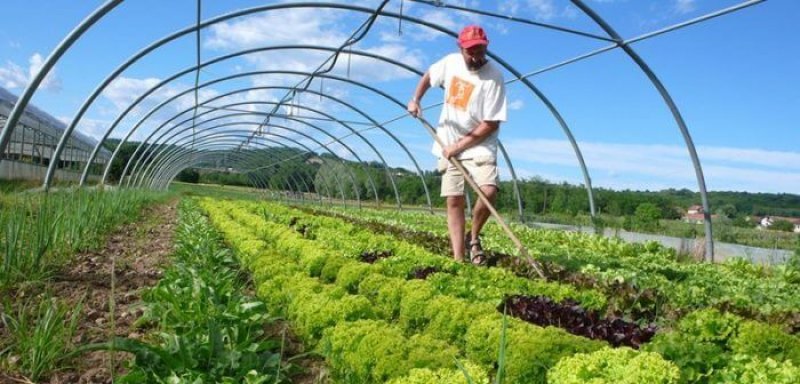Conventional or intensive farming and gardening is dominated by monocultures – fields of crop plants and nothing else.
These are ecological deserts – they lack diversity and are consequently ecologically unstable. Pests, diseases and weeds want to invade them, so that as soon as people stop managing them, nature re-establishes biodiversity.
Ecological science has clearly shown the many benefits of biodiversity, including increased yield, improved soil health and water storage, lower pests, diseases and weeds, more beneficial insects, better overall resilience and stability. This is contrary to the teaching of conventional farming and gardening, but, the science is clear: the ecologists are right and the conventional agronomists are wrong; biodiversity is the answer.
Intercropping is an organic technique where different plant species are planted together. In the home garden where we are typically harvesting a few plants at a time for dinner, where a plant is removed just replant something else in the gap that is left.
Again, the science is clear. You can massively increase the amount of produce per square metre using this approach, not only because you are making the best use of space, but, the interactions among the different plant species can boost their growth, and, by mixing things up, it becomes harder for pests and diseases to run rampant through your crops, and by keeping soil covered you block out weeds.































